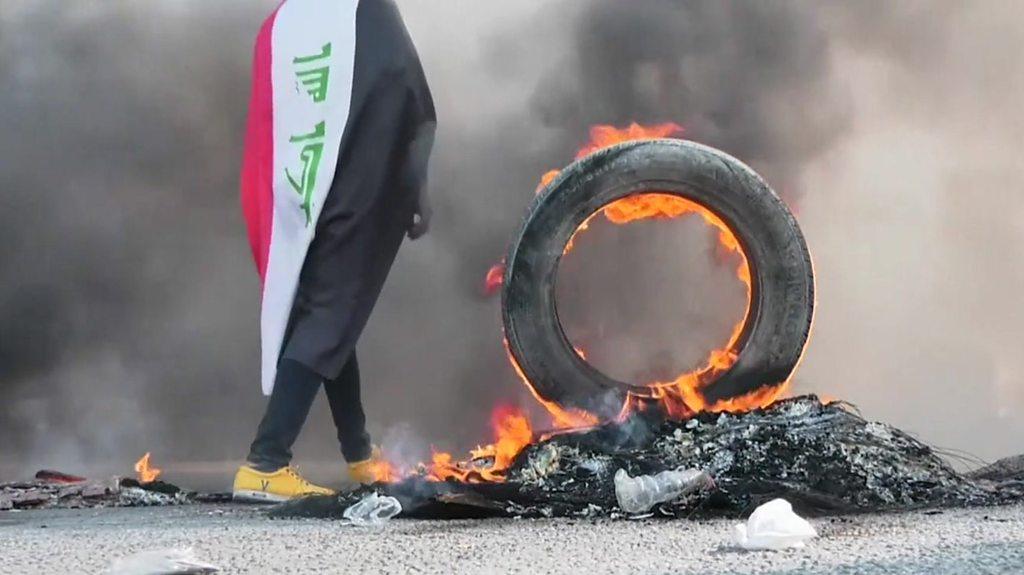Iraqi activist jailed over tweet 'insulting' Iran-backed militia force
- Published
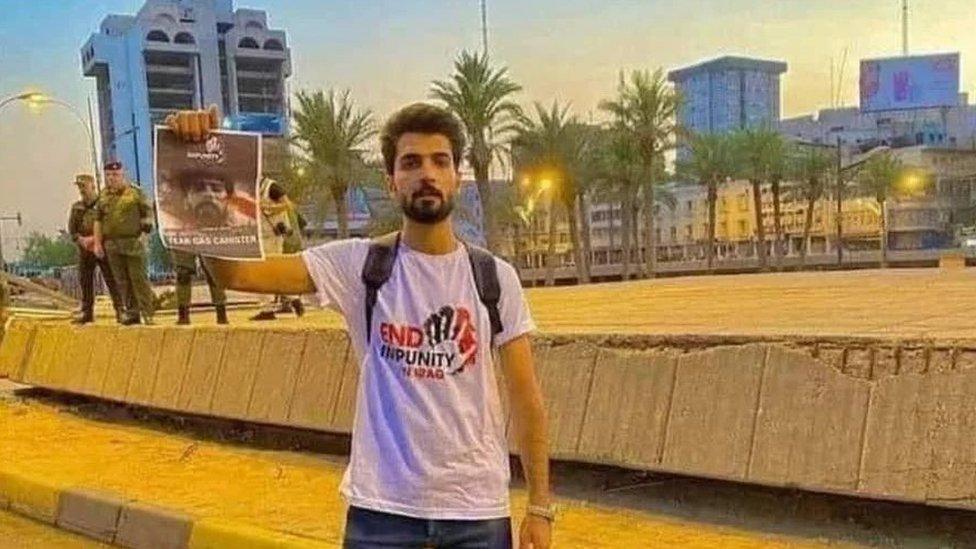
Haidar al-Zaidi denied writing the tweet, insisting that his account was hacked
An activist has been sentenced to three years in prison in Iraq for allegedly writing a tweet deemed to have insulted an Iran-backed paramilitary force.
A court convicted Haidar al-Zaidi, 20, of "insulting state institutions" over a post about Abu Mahdi al-Muhandis, the late deputy commander of the Popular Mobilisation Forces (PMF).
Zaidi denied writing the tweet, insisting that his account was hacked.
Human Rights Watch condemned Zaidi's trial as "patently unfair".
"Regardless of who posted the Twitter message, the Iraqi justice system should not be used to as a tool to suppress peaceful criticism of the authorities or armed actors," said Adam Coogle, the campaign group's deputy Middle East director.
"It is a sad reflection on the rule of law in Iraq that an activist like Zaidi gets three years in prison for a Twitter post he says he didn't write while dozens of officials and armed groups enjoy impunity for killing activists and protesters."
On Wednesday, a health official said two protesters were shot dead in clashes with security forces, during what an AFP news agency correspondent reported was a rally against Zaidi's sentence in the southern city of Nasiriya.
Twenty-one people were wounded, including a policeman, the official added.
Zaidi was arrested in June in connection with a tweet that included a photograph of Abu Mahdi al-Muhandis, external and lamented how only in Iraq would a "spy" be given the label of "martyr".
Muhandis was the leader of Kataib Hezbollah, a powerful Iran-backed Iraqi Shia Muslim militia designated by the US as a terrorist group.
He was also deputy commander of the PMF, an umbrella group of dozens of mainly Shia militias that is formally part of the Iraqi Security Forces but in practice operates independently and wields significant power.
In January 2020, Muhandis was killed in a US drone strike in Baghdad alongside top Iranian general Qasem Soleimani.
Many Iraqis mourned the two men as martyrs, but some celebrated their deaths.
Both Iran and its militia allies have been accused of being behind the killings of hundreds of protesters who took to Iraq's streets in late 2019 to protest against deteriorating public services, high unemployment, and rampant corruption.
They have also been blamed for an assassination campaign against prominent activists critical of their influence.
Human rights activist Salman Khairallah said Zaidi's sentence was a "clear message to activists that any criticism of authorities and the PMF will be punished".
Related topics
- Published13 October 2022
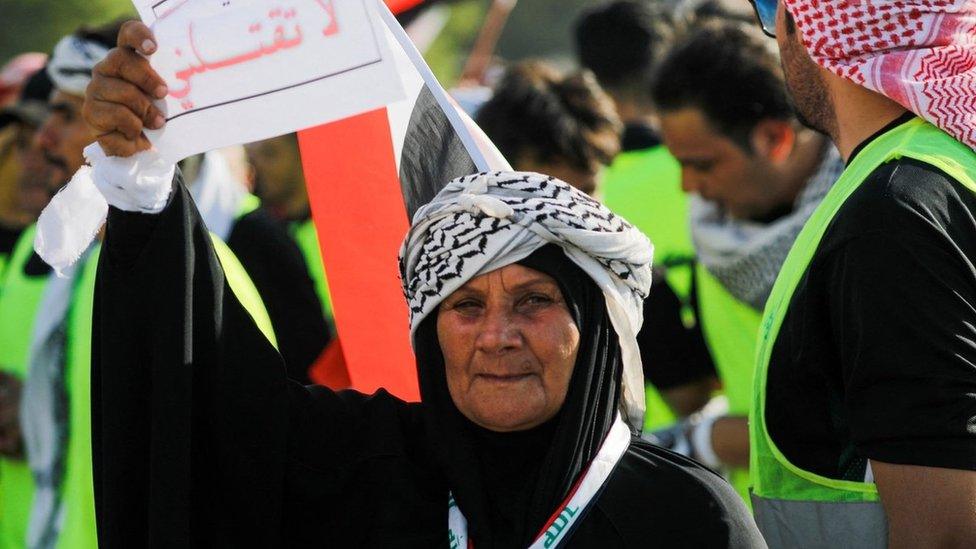
- Published10 May 2021
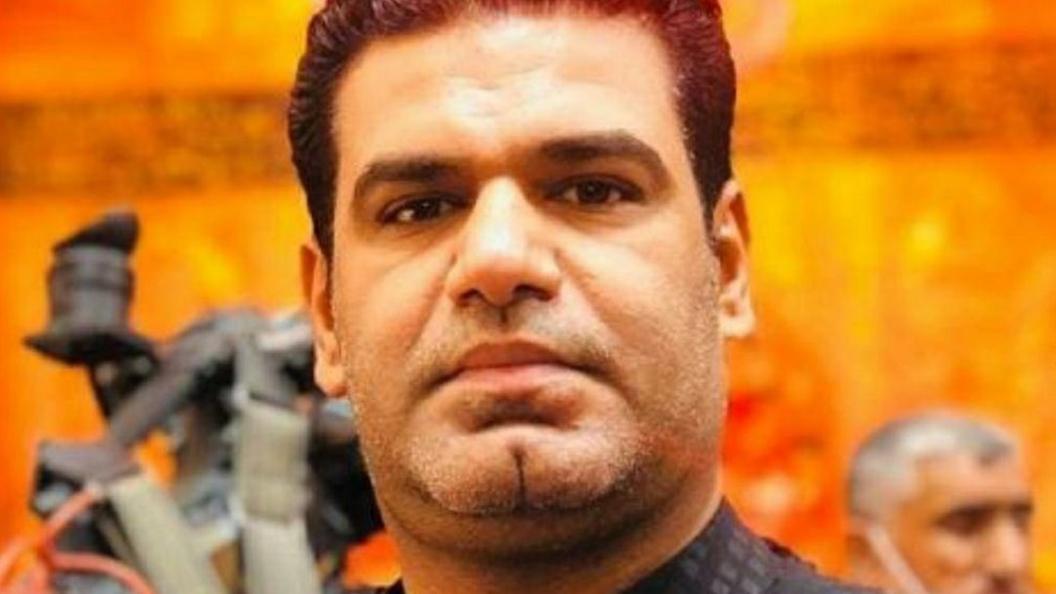
- Published16 December 2020
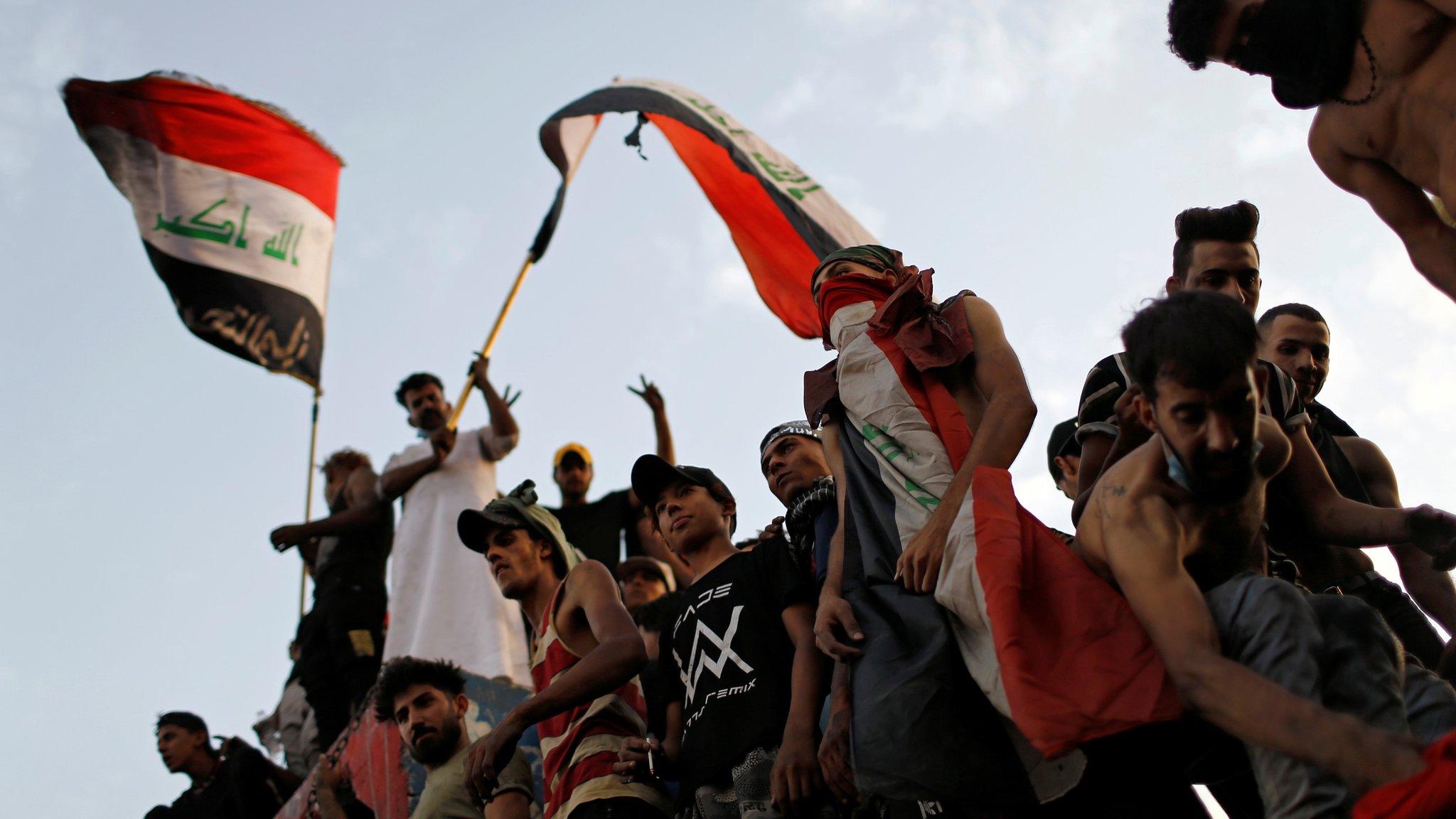
- Published20 August 2020
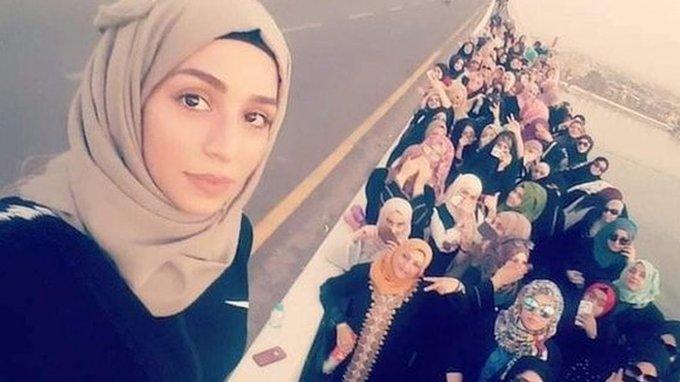
- Published7 July 2020
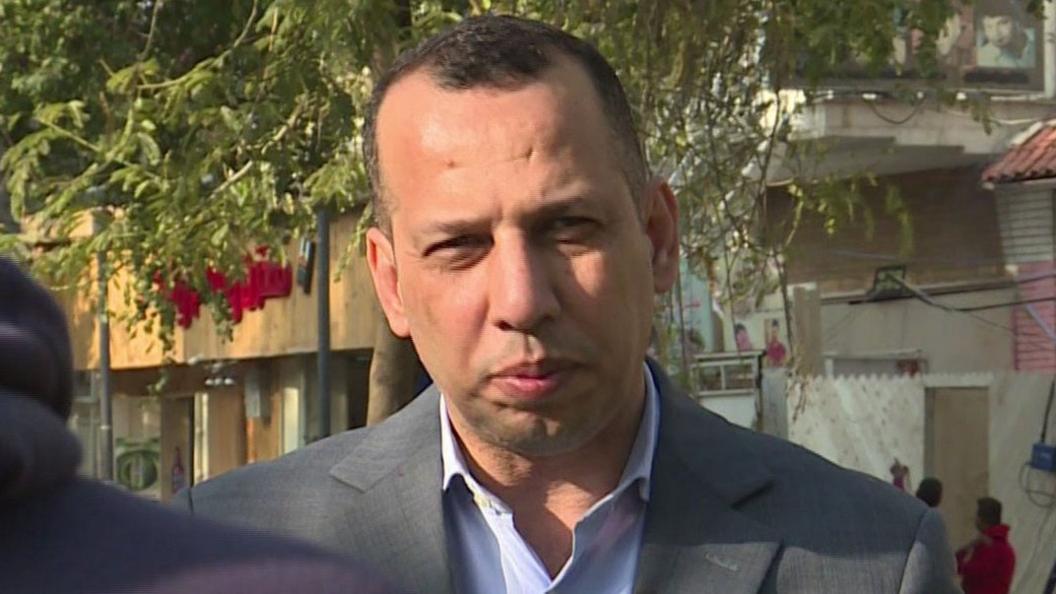
- Published27 December 2019
